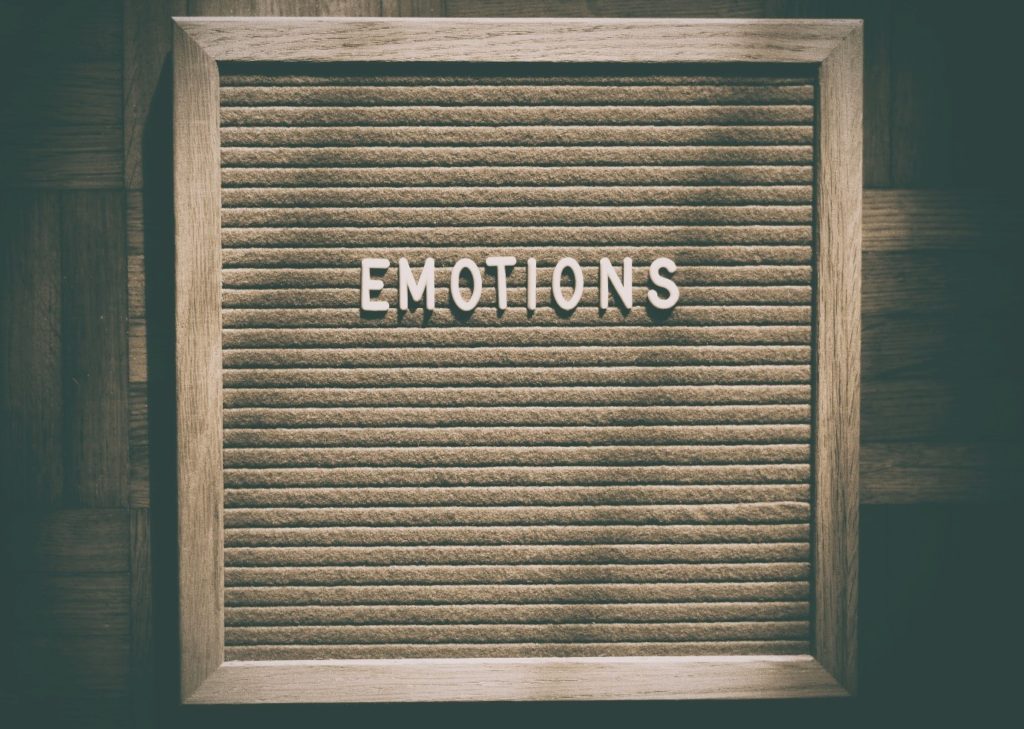I think we’ve all at some point been bombarded with the multitude of self-care tips that have gone viral on social media. Especially on spaces like Instagram, Pinterest etc. we see self-care and self-love has become a big topic in online communities and sharing our tips and tricks with one another. Yet on some levels, I think the basics of self-care can be put aside, and it has at times become more of an aesthetic thing to do. Instead of when looking at the basics, it might feel like a bit of a chore! One of the biggest tips that I find people forget, to focus on distraction or escapism is just processing. We all have stress and with the bustle of modern life, we’re often encouraged to push aside them to deal with work and our other commitments. This doesn’t help anyone! When we don’t allow our brain time to process and confront our emotions, we get to a point where we are keeping the pressure in until we inevitably explode.

So great, processing emotions. How do we do that exactly? It’s the fact we need to stop ourselves from instantly distracting ourselves, although at times it can be helpful. We need to give ourselves the time (it doesn’t need to be instant). After a hard day at work, give yourself a set amount of time to sit there and process. This can be in any way! The beauty of emotions is that everyone expresses and processes them differently. So, spend that hour crying, yelling, journaling, letting your mind spiral. Any way you see fit, and let your mind go through these processes.
If you prefer, you can split this time into two. As there are two types of problems, practical and hypothetical. A practical worry is something that can be solved or dealt with. So, in the time you set aside for yourself, use it as time to go through these problems and solve them or set out a plan to. If you do things this way, it will allow you to put to rest anything nagging you in the back of your head. Which happens a lot, in our busy lives!
Hypothetical worries are the trickier ones, these are the fears that creep in when we least expect. We worry, get angry or upset over the infinite possibilities and it can get in the way of our focusing. The way we deal with these is by giving our minds the time to run wild. Let your mind jump from one thing to the next, let the anger come to the surface. By letting your mind process and confront all different types of issues that are causing you distress, it’ll help you feel calmer and get the weights off your chest.
I think another important strategy is to stop looking at emotions like sadness and stress as negative emotions. As much as it is unpleasant to experience them, these types of emotions are our body’s way of telling us that things are getting too much. It’s the warning sign that we need to take time for a break. So, I’d say to approach them less as negative and more as alerts to give yourself some time.

All of this is a lot easier said than done. But it is one focus that can really change your perspective on emotions as a whole and you can grow to understand yourself as a person more. All of this knowledge will make dealing with emotions in a work environment specifically so much easier.
Links for additional support:
Edge Hill University Wellbeing Resources – https://www.edgehill.ac.uk/studentservices/wellbeing/
NHS ‘Struggling with stress’ webpage – https://www.nhsinform.scot/healthy-living/mental-wellbeing/stress/struggling-with-stress#:~:text=However%2C%20there%20are%20simple%20things%20you%20can%20do,muscle%20relaxation%20to%20be%20helpful%20in%20relieving%20stress.
NHS Mental Health – https://www.nhs.uk/mental-health/
By Amber Berry (Student Intern)

